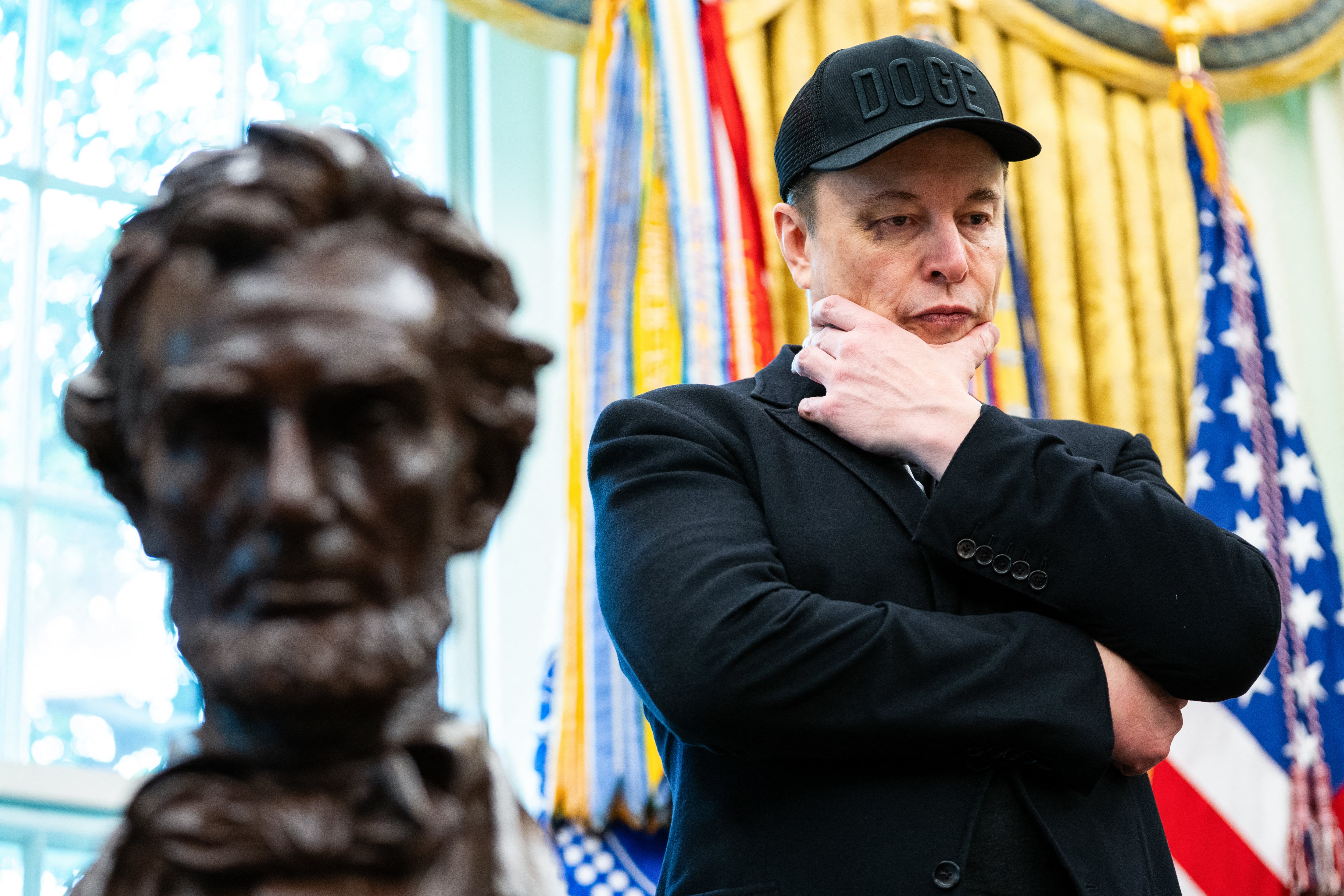MANIAC MARKETS: It was the best of times, it was the worst of times ー literally. As concerns over the coronavirus pandemic boiled over into a full-blown panic, U.S. stocks entered Friday with their worst week since the throes of the 2008 financial crisis. And suddenly, as we rumbled into Friday's closing bell, the president began to speak. And the markets were happy, skyrocketing to close up nearly 2,000 points on the day ー the best day since 2008. The president seemed to trigger both the lowest of lows this week as well as the highest of highs. The worst drop came after he announced an unexpected European travel ban during an Oval Office address midweek, But his appearance Friday with top health officials, when he announced plans to increase the availability of testing kits through new public-private partnerships with retail giants Walmart and Walgreens, triggered the surge that ended the week. Despite the strong finish, we're still a far cry from the 11-year bull market which came to an end this week.
TRAVEL IMPACT: Among the sectors hardest hit by the pandemic is the travel and tourism industry. Airlines are suffering from the most precipitous drop in bookings since the 9/11 attacks. United, American, and other major U.S. carriers are slashing service and furloughing workers. Norwegian Air said it will lay off half of its workforce temporarily. British Airways shelved its JFK-Heathrow service, the most profitable route in the world. It is too early to say what the impact of the 30-day ban on travelers coming from continental Europe will be, but it will be significant. According to the IATA, nearly 50 million people fly between the U.S. and continental Europe every year. The cruise industry is also in free fall. Stocks like Carnival and Royal Caribbean are down some 80 percent from their all-time highs as the State Dept. warned U.S. citizens to stay away entirely until the COVID-19 spread is under control. The hotel industry is also in the midst of a generational crisis, with net bookings down significantly in cities around the world. During his remarks Friday, the president indicated the government may consider a bailout for cruise lines and airlines.
TECH IMPACT: Silicon Valley, home to some of the world's most valuable corporations, is seeing major fallout as well. A week after SXSW was canceled ー a harbinger of the pain to come ー nearly every tech company is telling its non-essential employees to stay home. Those with workforces that can't, such as Amazon and its 250,000 warehouse employees, are coming up with ways to offer aid. The e-commerce giant established a $25 million relief fund earmarked for fulfillment center and delivery staff. Apple moved its yearly WWDC entirely online as it closed all retail locations in Italy. That was essentially a formality, given that the Italian government banned all non-essential businesses from opening. And as "working from home" goes mainstream, software companies like Slack and Zoom are hoping they'll benefit. That hasn't happened for Slack yet, after its shares plummeted this week on a weaker-than-expected revenue outlook.
RETAIL IMPACT: For the retail sector, the pandemic is...complicated. Brick-and-mortar chains, from grocers like Kroger to big-box stores like Costco, benefited from an influx of customers flocking to their aisles to stock up on household goods and cleaning supplies. Dollar General beat its earnings projections as Walmart, Target, and Walgreens said they were putting in place product controls on certain products like disinfectant wipes and masks to keep shelves from going bare. At the same time, retailers that depend on customers coming in the door are among the hardest hit by the de facto shutdown of the country. Starbucks shares are down 20 percent since coronavirus worries started to infect the market, and the company predicts the worst is yet to come.
MEDIA IMPACT: With essentially every major public gathering scheduled for the next two months now postponed or cancelled, the television networks that count on those events ー CBS with March Madness and the Masters, NBC with the NHL and NASCAR, ESPN with the NBA and MLB ー are reeling. The NCAA tournament alone brings in hundreds of millions of dollars in ad revenue for ViacomCBS and WarnerMedia, the parent of Turner Sports. In Hollywood, the outbreak is cancelling film shoots, premieres, and openings around the world. Disney has put off the global release of its live-action remake of Mulan, a $200 million blockbuster that was expected to be one of the biggest movies of the year in both China and the U.S. This weekend's box office could be a disaster if moviegoers avoid theaters in droves. Though the studios' loss may end up being Netflix's gain. Shares of Netflix and other "stay-at-home stocks" are up marginally against major declines in the broader market.








